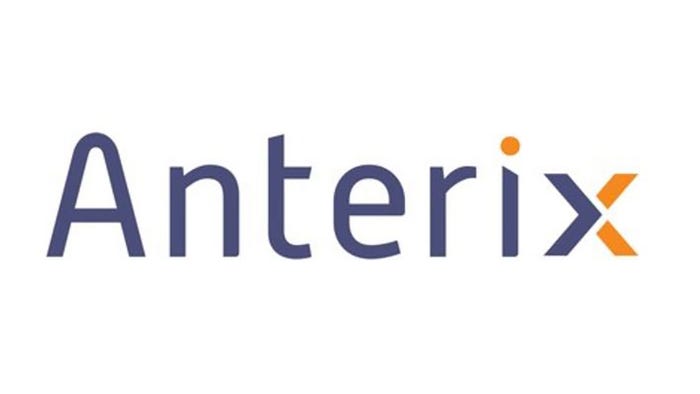Who will buy UScellular?Who will buy UScellular?

Late last week, the parent company of UScellular, Telephone and Data Systems (TDS), announced it would “initiate a process to explore strategic alternatives for UScellular.” Meaning, it would put UScellular’s assets up for sale.
Investors cheered the news. Shares in TDS and UScellular spiked roughly 60% after the announcement.
The move was largely unexpected. TDS is mostly controlled by the Carlson family – Walter Carlson is the company’s non-executive chair of the board and LeRoy Carlson Jr. is its CEO – and the family has steadfastly refused to sell UScellular even as other small carriers headed for the exit. It’s not clear what sparked the change.
“The TDS board believes that now is the right time for a comprehensive review of strategic alternatives for UScellular. We will pursue the pathway that is in the best interest of shareholders,” Walter Carlson said in a company release announcing the move.
For its part, UScellular reported quarterly earnings of $5 million last week, down from the $21 million it posted in the year-ago quarter and well below Wall Street analyst expectations, noted The Wall Street Journal. UScellular also lost another 28,000 postpaid phone customers during the period, despite efforts by the company’s CEO to reinvigorate growth.
“There is no deadline or definitive timetable set for completion of the strategic review, and there can be no assurance regarding the results or outcome of this review. TDS and UScellular do not intend to comment further on the strategic review process, and we’ll make further announcements as appropriate,” TDS CFO Vicki Villacrez said during the company’s quarterly conference call last week, according to Seeking Alpha. “We do not plan to answer any questions regarding the review.”
UScellular operates a wireless network across around 21 states; counts around 5 million mobile customers; owns spectrum licenses ranging from 600MHz to AWS, CBRS, 3.45GHz, C-band and 28GHz; and manages around 4,300 cellular towers across its coverage area.
The Chicago-based company also employs around 4,600 full- and part-time workers.
A complicated sales process
Importantly, most analysts agreed that UScellular’s assets will ultimately be broken up across several different buyers. Even if one company agrees to purchase UScellular outright, that buyer will probably seek to offload unwanted assets afterward.
For example, network operators in the US like T-Mobile and AT&T generally do not own cell towers. Instead, over the years they have sold those holdings to cell tower operators like American Tower and Crown Castle, who then rent them back to network operators. UScellular is relatively unique in the US market because it still owns most of the cell towers that underpin its network.
Further, network operators like Verizon and AT&T are increasingly scooping up the spectrum licenses of smaller carriers and are not purchasing their customers or their network equipment. Instead, that unwanted network equipment is decommissioned, and customers are encouraged to sign up for service elsewhere.
But it’s not clear whether UScellular’s assets would be treated in the same way. For example, T-Mobile in 2020 acquired Sprint’s customers, spectrum and network. But it then immediately worked to shutter Sprint’s network and shift its customers onto the T-Mobile network. Today, much of that work is finished.
Possible buyers
Regardless, a number of analysts speculated on some of the possible suitors for UScellular’s assets:
To read the complete article, visit Light Reading.



